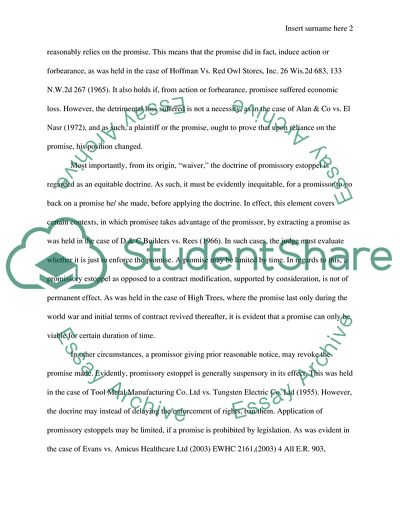Cite this document
(Principles of Contract Law Case Study Example | Topics and Well Written Essays - 2266 words, n.d.)
Principles of Contract Law Case Study Example | Topics and Well Written Essays - 2266 words. Retrieved from https://studentshare.org/law/1770559-obligations-i-contract-law
Principles of Contract Law Case Study Example | Topics and Well Written Essays - 2266 words. Retrieved from https://studentshare.org/law/1770559-obligations-i-contract-law
(Principles of Contract Law Case Study Example | Topics and Well Written Essays - 2266 Words)
Principles of Contract Law Case Study Example | Topics and Well Written Essays - 2266 Words. https://studentshare.org/law/1770559-obligations-i-contract-law.
Principles of Contract Law Case Study Example | Topics and Well Written Essays - 2266 Words. https://studentshare.org/law/1770559-obligations-i-contract-law.
“Principles of Contract Law Case Study Example | Topics and Well Written Essays - 2266 Words”, n.d. https://studentshare.org/law/1770559-obligations-i-contract-law.


